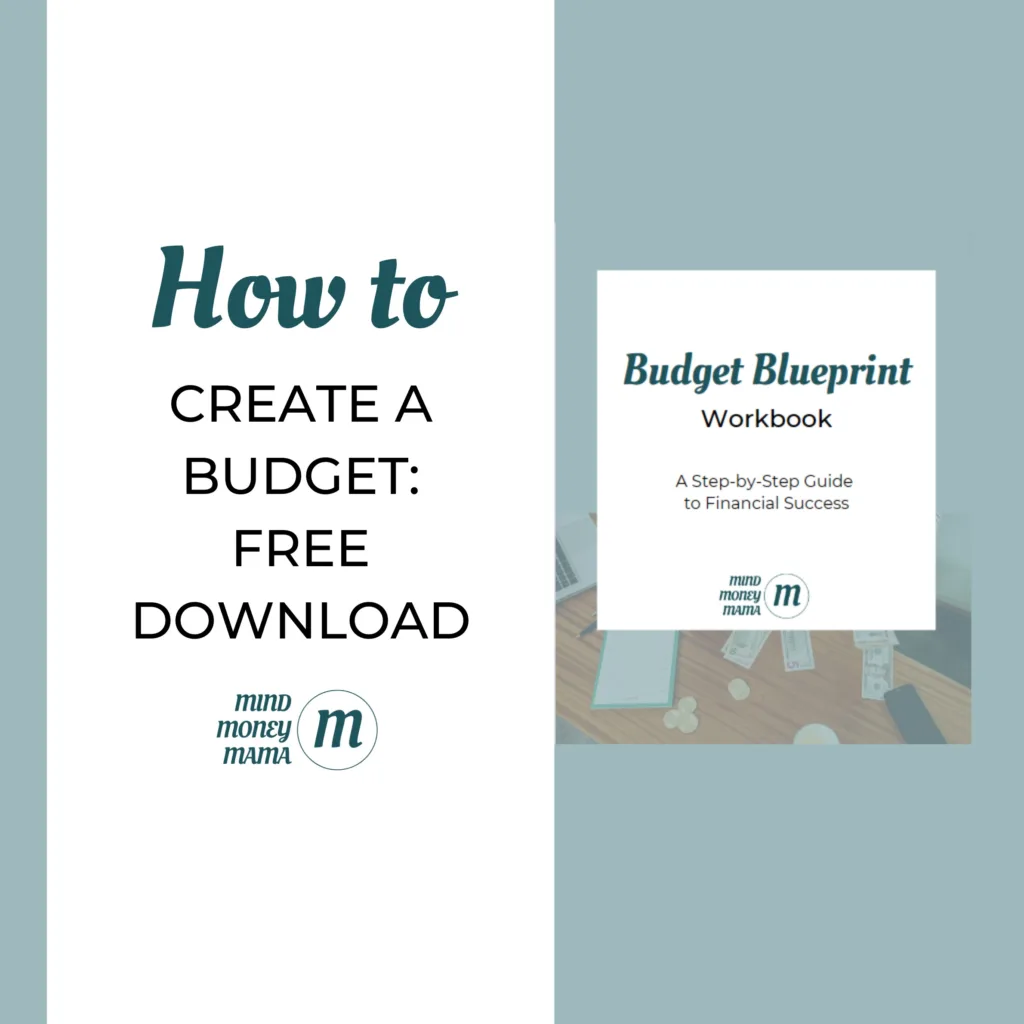Budget 101: Start Your Journey to Financial Independence
Looking to take control of your finances? Learn the basics of budgeting 101 with this comprehensive guide. Set financial goals, track your income and expenses, create a budget, stick to it, and achieve your financial goals. Start your journey towards financial freedom today.
Use A Budget to Reach Your Financial Goals
Creating a budget is an effective way to take control of your finances and achieve your financial goals. To determine your financial goals, you need to assess your current financial situation, prioritize your goals, and create a plan to achieve them.
By creating a budget, you can track your income and expenses, identify areas where you can save money, and allocate funds towards your financial goals. In this way, budgeting can help you make smart financial decisions and achieve your long-term financial objectives.
Track Your Income
The first step to creating a budget is to determine how much money you have coming in each month. This includes your salary or wages, any bonuses or commissions, as well as income from investments, dividends, or side hustles.
Track Your Expenses
Next, you need to track your expenses over a period of time to determine your average monthly expenses. Make sure to include both fixed expenses (such as rent or mortgage payments) and variable expenses (such as groceries or entertainment).
Create Categories
Divide your expenses into categories such as housing, transportation, food, entertainment, and savings. This will help you see where your money is going and make it easier to identify areas where you can cut back if necessary.
Set Priorities
Decide which expenses are essential and which are discretionary. Essential expenses are those that you can’t live without, such as rent, utilities, and food. Discretionary expenses are those that you can do without, such as eating out or buying new clothes.
You don’t have to be so aggressive that you miss out on fun or life. You can set a goal to save $100 / month for an emergency fund and still set aside money to have brunch with the girls twice a month or a mani/pedi. Budgets don’t have to be restrictive.

Budget 101: Create A Budget
Once you have a clear picture of your income and expenses, create a budget that reflects your priorities. Allocate your income to the different categories based on your needs and goals. If you need help defining and prioritizing your goals, check out my free Goal Planner. Make sure to leave some room for unexpected expenses and emergencies.
Review and Adjust
Review your budget regularly (at least monthly) to see how well you are sticking to it. If you find that you are overspending in certain categories, look for ways to cut back in that category or lower your budget in other categories to offset it. If you have extra money left over, consider putting it towards a savings goal or paying off high interest debt.
By following these basics, you can create a realistic budget that reflects your financial situation and helps you achieve your unique financial goals.
Have you started a budget? What is something you wish you learned earlier in your budgeting journey?




